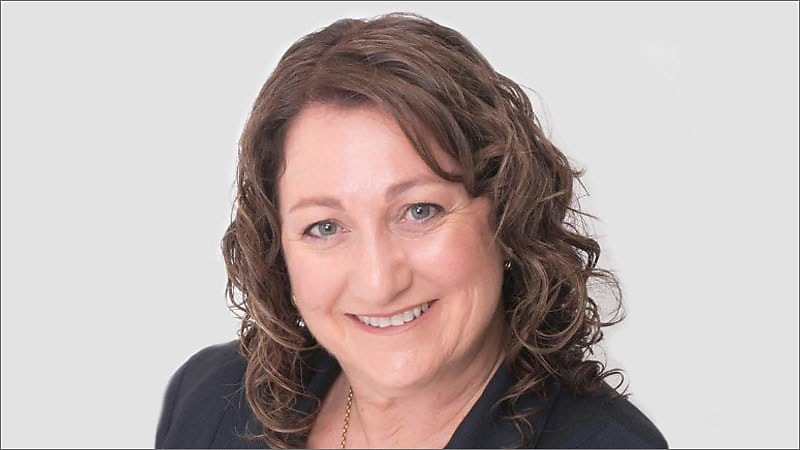Auditors have a nose for smelling out unreasonable expenses: educator
SMSF expenses have to pass the “smell test” if trustees don’t want auditors to start digging for evidence, says a leading educator.
Shelley Banton, head of education for ASF Audits, said in a recent webinar that under the auditing standards, auditors are required and perform an audit with “professional scepticism”.
“That helps us to check whether the financial report is materially misstated and then what we do is we apply risk assessment procedures to make sure any expenses have been recorded correctly,” she said.
“This means we look to see if these expenses have been paid by the fund and incurred by the fund during the year. An example of how that can play out is that we'll make sure that we look to see what the expenses were personal expenses of the members, and we'll also review the tax treatment of that expense.”
Banton said auditors will also review what expenses were incurred the previous year, determine what is reasonable, and how expenses are trending over time.
She added that with a sceptical approach, auditors can usually determine whether an expense is legitimate and if it seems untoward, they will investigate further.
“One of the best examples I have seen in regard to using that scepticism to determine if an expense is reasonable related to a two-bedroom townhouse on the north coast that had a $30,000 expense in the SMSF for a 20,000-litre water tank,” she said.
“This is where Google Earth comes in and is an auditor’s best friend because while the water tank couldn't even fit through the front gate of the townhouse, it definitely could fit through the farm gates of the firm that the trustees lived on.”
Banton said this example shows how quickly an expense can be identified as a mistake and how auditors use the “smell test” when there is a “weird outlier”.
“Something could be an expense, but as auditors, we need to investigate it because it may not necessarily belong to the fund,” she said.
“In the case I just mentioned the invoice was made out to the fund, but the collar didn't match the cuffs and logic was telling us that the expense was for personal use. And the reason for that is that we need to have enough evidence on file, or at least an explanation that we can put on file, that passes the fair and reasonable test.”
Additionally, the audit evidence received was in complete contrast to what was claimed the expense was for, and for audit evidence to be sufficient, appropriate, reasonable, and fair, which is also a requirement under the auditing standards.
“Where an expense stands out on its own and doesn't stack up, we aren't going to question it, especially when it's material,” she said.
“And the reason for that is that we need to have enough evidence on file, or at least an explanation. that we can put on file that passes that fair and reasonable test.”








